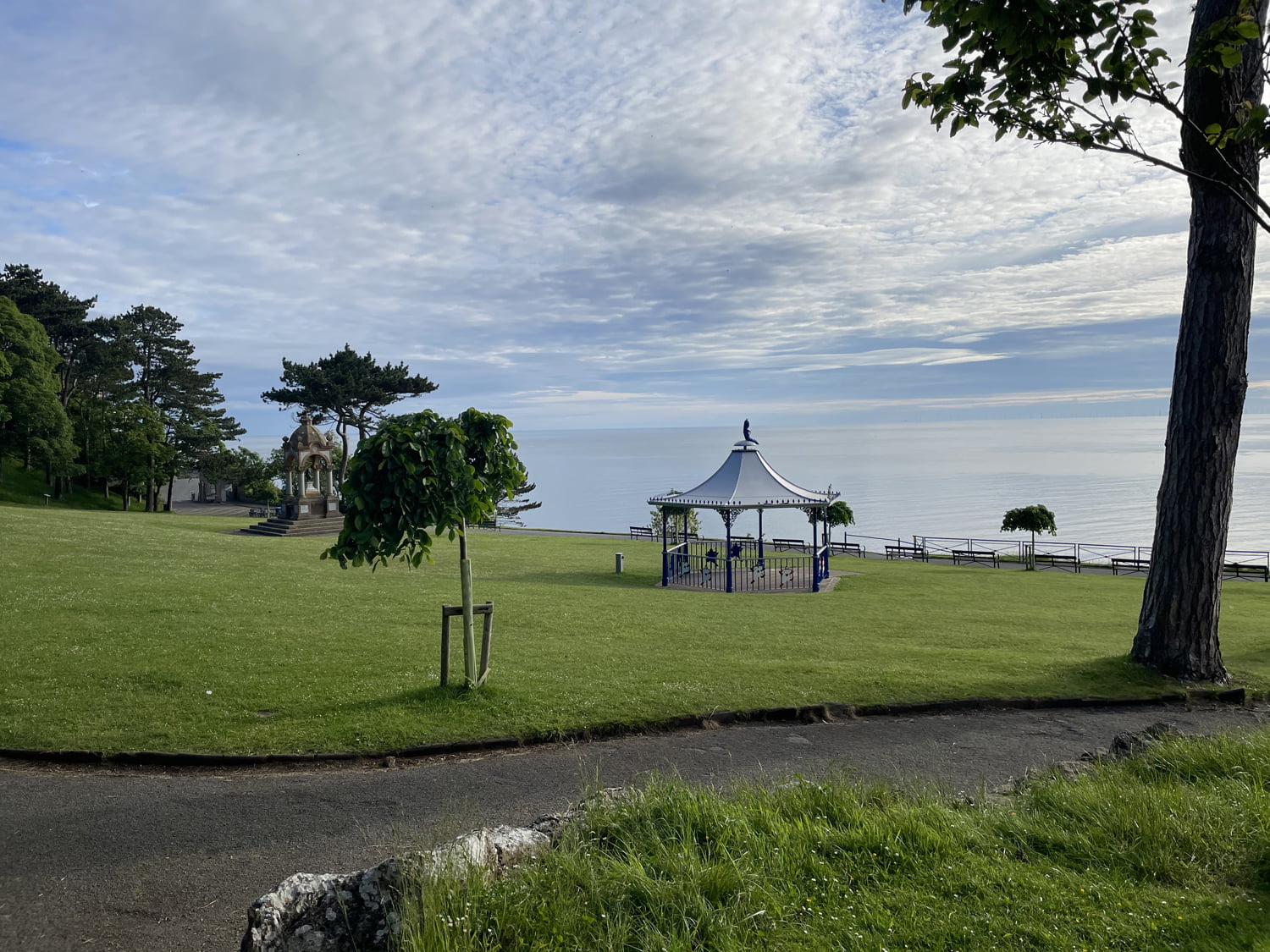This week’s blog continues on the theme of Discovering North Wales’ Heritage:
The Welsh Language
Wales is regarded as one of the modern Celtic nations along with Brittany, Cornwall, Scotland, Ireland and the Isle of Man for speaking a Celtic language. We’re passionate about keeping our ancient language alive as it is one of Europe’s oldest living languages which can not only be heard in Wales but also in far flung places like the Chubut province of Patagonia in Argentina which was formed by Welsh settlers in 1865 and Canada which has more Welsh speakers than the USA!
Welsh was the only language spoken in the country up until the eighteenth century and it wasn’t until the Industrial Revolution when English became more widespread. The Judicial system though was always conducted in English with English judges even pre the revolution which resulted in many people being tried and found guilty of misdemeanours they either didn’t do or as they didn’t speak English didn’t know what they were being tried for!
Worth a visit:
Beaumaris Courthouse which is one of the oldest courthouses in Britain and then Beaumaris Gaol to find out what impact this had on many people’s lives.
There’s also Ty Mawr Wybrnant, which was the home of the Tudor Bishop William Morgan who was the first person to translate the Bible into Welsh and you can see his first two Welsh copies which were published in 1588 and 1620. This traditional stone-built upland 16th Century farmhouse is now a National Trust property which is on the edge of the Snowdonia National Park near Penmachno.
While you’re here on holiday why not discover our language by trying some phrases in Welsh:
| Welsh | English | Pronounciation |
| Bore da | Good Morning | Boh-reh dah |
| Prynhawn da | Good afternoon | Prin-houn dah |
| Noswaith dda | Good evening | Noss-why-th tha |
| Nos Da | Good night | Noss dah |
| Croeso | Welcome | Croy-so |
| Diolch | Thank you | Dee-olch |
| Da iawn | Very good | Dah ee-awn |
| Iechyd da! | Good health or cheers as toast for drinks | Yeh-chid dah |
| Hwyl fawr | Good bye | Hoo-il vowr |
Land of Song
Wales’s popular image as the “land of song” dates back to the late 19th Century as Male Voice Choirs were a feature of many working class industrial communities. These choirs gave the working men a chance to compete at the National Eisteddfod and other competitions across the world so it played a significant part in broadening their horizons.
Today there are over 97 Welsh Male Voice Choirs who are renowned for proudly singing at the Eisteddfod as well as national and international concerts and competitions, and for supporting the Wales National Rugby Team. It is just as popular and claimed a new younger audience when Only Boys Aloud took to the Britain’s Got Talent stage.
Watch out for:
Llangollen International Music Eisteddfod is a Welsh festival of music, literature and performance which started in 1945. It is six days of the best Welsh music and folk dance and the whole world in one place with previous performers including Jose Carreras, Luciano Pavarotti and Ladysmith Black Mambazo as well as Welsh singers Katherine Jenkins, Bryn Terfel and music theatre star John Owen-Jones. This year’s festival will be held on 1-7 July 2019 and includes concerts from Jools Holland and the Gypsy Kings.
The National Eisteddfod travels from place to place alternating between North and South Wales and this year it will be held in Llanrwst from 3-10 August 2019. The Eisteddfod can be traced as far back as 1176 and has been held every year except 1914 when the First World War started. This competition-based festival encompasses all aspects of the arts and culture in Wales including music, dance, visual arts and literature as well as original performances.
A role in the British Welfare State
Although born in Manchester, David Lloyd George grew up in Wales and was a lifelong Welsh nationalist. In 1890 he was elected Liberal MP for Caernarfon and became leader of the Liberal Party and the UK’s Prime Minister from 1916 to 1922. He was a key figure in the introduction of many reforms which laid the foundations of the modern welfare state which was established to improve health, education, employment and social security as well as policies concerning the old, the young and working people.
He was also a major player at the Paris Peace Conference, also known as the Versailles Peace Conference in 1919, which was a meeting of 32 countries and nationalities following the end of World War I to set the peace terms for the defeated power resulting in the Treaty of Versailles with Germany.
David Lloyd George was voted the third greatest British prime minister of the 20th Century in a poll of academics, was named among the 100 Greatest Britons in 2002 and is the greatest international statesman to come from Wales.
Worth a visit:
The Lloyd George Museum at Llanystumdwy, Criccieth is housed in his former home and is furnished as it was when he lived there. It gives an insight into his former life as well as his political career with unique displays of his freedom honours, his costumes and personal items including his original desk. There’s also a Victorian classroom, a shoemaking workshop which was his uncles and a film about his life.
